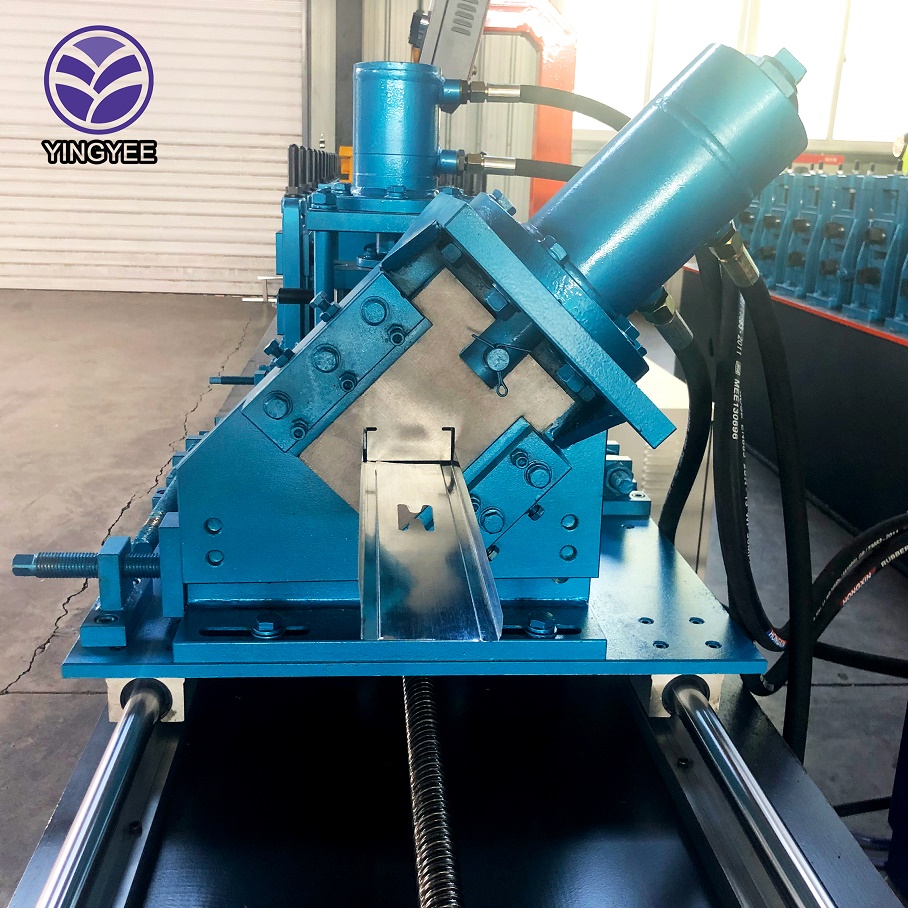
Exploring the Tile Machine A Revolution in Modern Manufacturing
In the realm of modern manufacturing, technology continuously evolves to enhance efficiency, precision, and creativity. One of the standout innovations in this domain is the tile machine, an advanced piece of equipment that is transforming how tiles are produced, designed, and distributed. This innovation is not merely a tool; it represents a significant leap forward in the ceramics industry and construction sectors alike.
The concept of the tile machine revolves around automating the manufacturing process for ceramic tiles, which traditionally required extensive handwork and considerable time. Today’s tile machines employ cutting-edge technology, including computer numerical control (CNC) systems, to ensure that every tile produced is uniform in size and shape. This consistency not only improves the overall aesthetic of tiled surfaces but also enhances their structural integrity.
One of the critical advantages of modern tile machines is their ability to produce a wide variety of tile styles and patterns
. With the integration of digital printing technology, manufacturers can create lifelike designs that mimic natural materials, such as hardwood, stone, or intricate artwork. This capability allows for limitless customization, enabling architects and designers to fully express their creativity while meeting the diverse preferences of consumers. As a result, tiles have evolved from being mere functional elements to vital design features in homes and commercial spaces.
Additionally, tile machines contribute significantly to sustainability in manufacturing. Traditional tile production often involves considerable waste, both in terms of raw materials and energy consumption. However, modern tile machines are engineered to optimize material usage and energy efficiency. They often utilize recycled materials, minimizing environmental impact while maximizing production output. This shift is vital as industries increasingly strive to adopt eco-friendly practices.
Moreover, the speed of production has drastically improved with the advent of tile machines. In a world where rapid turnaround times are essential to meet consumer demand, these machines can produce tiles at an unprecedented rate. This efficiency not only reduces lead times for projects but also lowers labor costs, making high-quality tiles more accessible to a broader audience.
In conclusion, the tile machine stands at the forefront of the manufacturing revolution, reshaping how tiles are conceived and produced. By combining automation, innovative design capabilities, and sustainable practices, these machines are setting new standards in the ceramics industry. As technology continues to advance, it is likely that we will witness even more remarkable developments, further enhancing the role of tile machines in our built environment. The future of tile production is bright, and it is evolving rapidly, promising exciting opportunities for designers, builders, and homeowners alike.